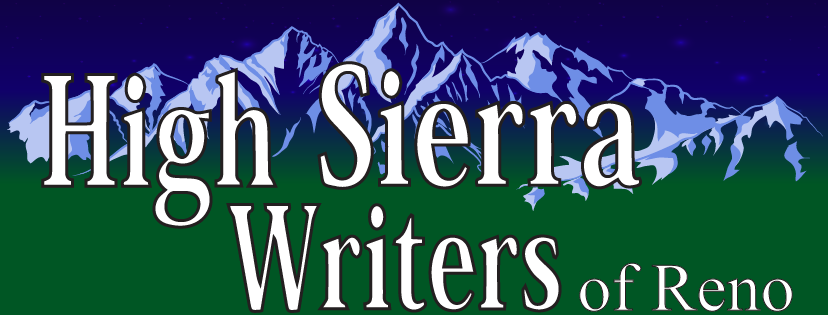Next HSW Meeting Saturday July 11 at 10 am via Zoom
Enjoy the comfort of your own home and lounging clothes while you attend the next HSW meeting on Zoom! It sure cuts down on commute time although we don’t have as much interaction as we do at meetings! But Scheels meeting room is still in closed status and will not be available yet.
How would you feel about an outdoor meeting? Would you be likely to attend if we met in a park? Let us know via email (board@highsierrawriters.org) or at the July Zoom meeting.
Meanwhile, the July HSW meeting will be another Zoom meeting. The code for the meeting will be sent to all members in a news blast a few days before the meeting and will be posted on the HSW web site and our Facebook page.
If you have not used Zoom before, it is easy. Just click on the link that we will provide and it will take you to the web site where you can download the application. You do not need to be on video. We had over 20 members at the last meeting and we hope to see more on July 11th.
The program is still being planned for the meeting, but it will include First Pages so if you have a first page you would like feedback on, please send it to Matt by Friday July 10 at MattBayan@aol.com For easy reading, please use 12 point Times New Roman and double space. Do not include your name on the page, but indicate the genre.
We will also be providing more details on the High Sierra Writers’ Contest for 2020 at this meeting. See below for the official announcement.

Full details and guidelines are being finalized and will be available in a few days. We will send a news blast with the updated information and it will be posted on the High Sierra web site along with entry forms, judging criteria, and examples or links to examples. The contest will run from July 1st to October 15th, 2020. Judging will take place between October 15 and November 30th. The winners will be announced at the December 12th meeting.
So, if you’ve wanted to see how you stack up against other writers or want to try an entry in a category you haven’t tried before, here’s your chance. If you have the first chapter of a novel or two tucked away in a file folder, pull one out and rework it, then enter to see if it makes an impression. All entries reviewed by the judges will receive their rating forms back.
Thank you to everyone who replied to the survey. We went with the top 3 categories, but hope to get the other options in another contest later. The more interest and participation we have in the contests, the easier it will be to continue to do them.

Have you finished your book, but don’t quite feel it’s ready to send to an agent or editor? How about participating in a “finished manuscript” group?
The way it works is 3-6 writers, who’ve completed their projects, get together and take a month to read each manuscript. At the end of the 30 days, comments/suggestions are given to the author. The advantage to such a group is the entire flow of the story can be seen by the readers versus the start/stop approach of a regular critique group. So, if you’re interested in a “finished manuscript” group, email Linda Enos at linda.r.enos@gmail.com.
Seeking new members for established group: Rene Averett is sad to say we need to replace two members of our critique group. The lovely Nicole is moving in July, so we need more people. We prefer writers in fantasy, paranormal, urban fantasy, and light science fiction. If you write in those genres and want to join a group, then call (775-852-1756) or email Rene at RPAverett@gmail.com
What is Flash Fiction?
If you’ve never written a short piece of fiction, you may not be familiar with the concept of flash fiction. It is brief and contained stories. The average word count varies depending on the style of flash fiction you are writing. For our contest, it is micro-fiction, using 100 to 500 words to tell a brief story. The emphasis isn’t on plot or characters, although it should have both. But the focus is on movement as each sentence needs to peel back a new layer of the tale. If a line or word doesn’t move the story forward or reveal more about a character, then it isn’t needed in the story.
This means that every line and word in the story must be considered and chosen to move the story to its conclusion. In short, if it doesn’t bring something to the party, get rid of it. This doesn’t imply that it can’t be descriptive, but it must have a purpose, whether to clarify or to set a tone.
Rephrased from an article on the Reedsy blog; Read the full article to learn more about flash fiction and how to write it;
Click here
For other helpful articles on writing flash fiction, check out:
https://www.writermag.com/improve-your-writing/fiction/best-flash-fiction/
https://www.well-storied.com/blog/how-to-write-flash-fiction
To read examples of flash fiction, check out this web site that lists over 20 examples.
https://reedsy.com/discovery/blog/best-flash-fiction
